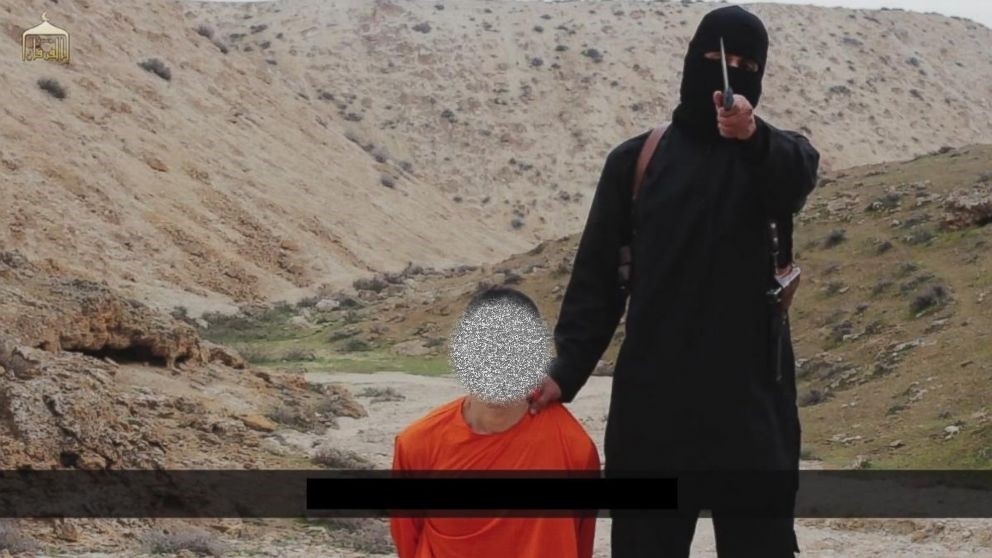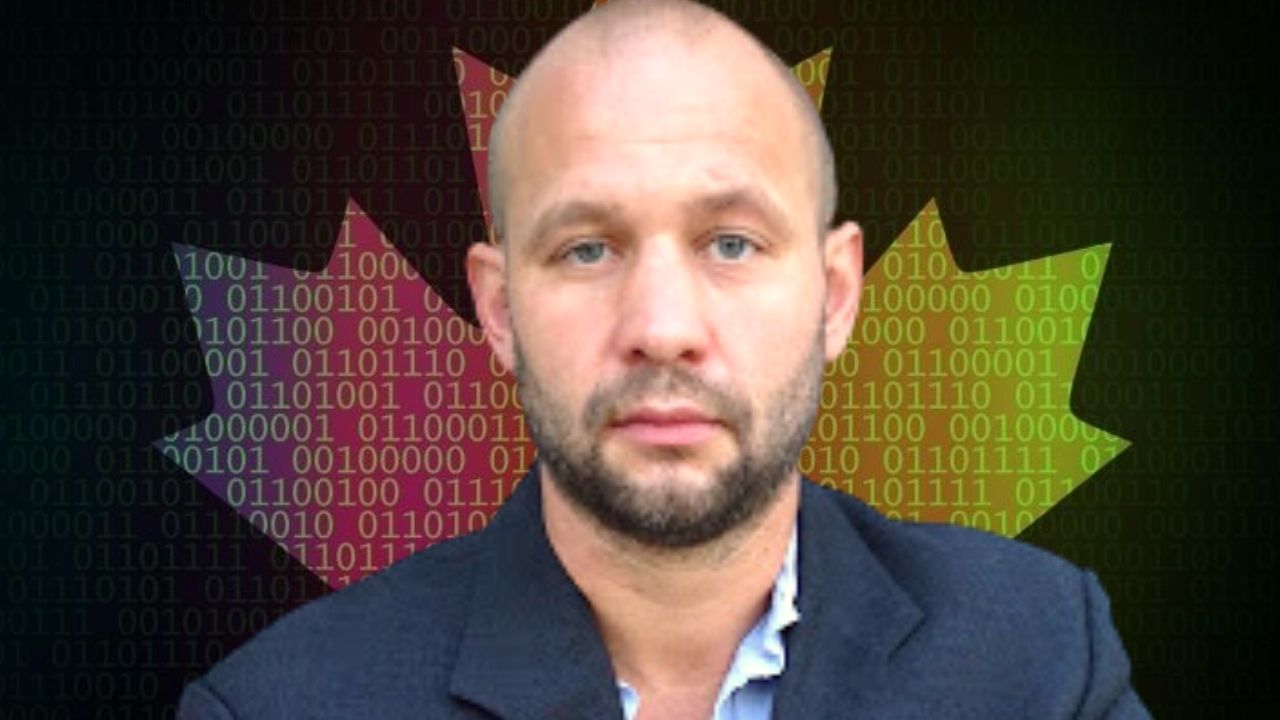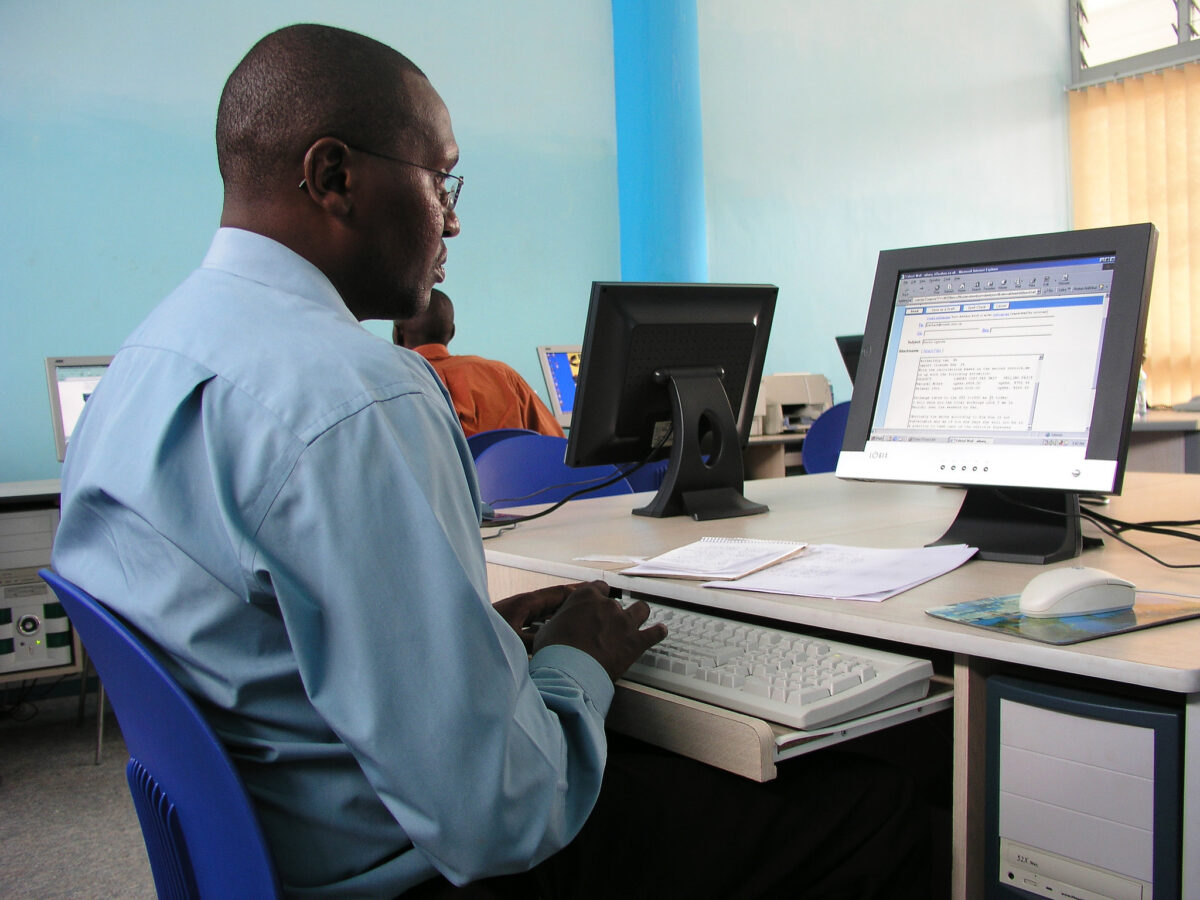Isn’t the Internet/World Wide Web (www) a wonderful thing?
I imagine many of my followers either have no concept of a world without it or are simply too young to remember the pre-www days. I do.
I began my journey in intelligence in 1983, well before we had online access to anything. News came in the form of broadsheets, magazines (The Economist has long been my favourite), radio and television. That was it. If you missed a news program and wanted to bone up on what was happening you had to pick up a paper – hard copy – and read it. No ‘googling‘ ‘war in Ukraine’: to ‘google‘ meant to make eyes at someone!
My how times have changed! All you have to do now is log on and a universe of information is available at your fingertips. We do, however, have a new problem to deal with.
Make that two problems.
The first is related to quantity. Of that there is no shortage for sure! Normally more is better, no? Unfortunately, there is no one-to-one mapping between quantity and quality. To put it succinctly, there is a lot of garbage online. I would even go so far as to suggest – albeit with no data to back me up as this is more a feeling than a scientific opinion – that the bad stuff outweighs the good stuff. The bad stuff ranges from dis- and misinformation to child porn to threats to all kinds of nasty material. And, as we shall see, we are struggling to figure out what to do about it (if anything).
The second has to do with who is posting material online. For every state, company, organisation, etc. which shares run-of-the-mill useful things there are also terrorists and terrorist groups which flood us with propaganda, including hard-to-watch execution videos (like beheadings). A lot of this is not for the squeamish.

So, what to do with this? As someone fairly well versed in terrorism I will pass over suggestions on the ‘ordinary’ bad stuff and focus on terrorist content. And, in fact, there has been a lot of discussion on this front, not all of which is necessarily achievable or even useful. Let’s have a look shall we?
If you work in security intelligence or law enforcement in a counter terrorism role online violent extremist content is the gift that keeps on giving. Having terrorists willingly share their thoughts, their plans, their exhortations to others and their general worldviews on a constant basis provides amazingly valuable fodder for your investigations. Some of this allows you to better follow and identify potential threats to our public safety. The fact that all this stuff is freely made available is a bonus.
If and/or when cases lead to arrests, criminal charges and trials this content can also serve as evidence, leading to conviction and incarceration. Putting a terrorist behind bars is one less terrorist to worry about (although prison radicalisation is another headache about which I have written and chatted about a lot). So terrorists, thanks for helping us to put you away – it is much appreciated!
As a consequence, we in the national security field want MORE not LESS online verbiage and imagery to use and exploit. That terrorists so unforcedly give to us is a bonus. It is almost as if they want us to know about them and catch them. Of course, from their angle this is propaganda they can use to recruit new bodies, a fact I would wager is part of public and state angst about what to do with it.
To me it is an outstanding question what effect if any all this content has on others. I have long argued against the notion that someone ‘self-radicalised online‘: in all my time at CSIS (the Canadian Security Intelligence Service) I cannot recall a single case as everyone eventually goes from a purely online presence to one in the real world (check out this piece from The Guardian on New Zealand mosque shooter Brenton Tarrant: I am very skeptical that his journey to terrorism was purely through online interactions). Methinks it is a much smaller problem than many seem to think. Of course, I could be wrong (as I am about many things undoubtedly!).
What then to do about this?
Well, what if we had providers (TikTok, WhatsApp, FaceBook/Meta and others) develop policies whereby the most gruesome imagery (say, beheadings) is taken down ASAP but the day-to-day texts and calls for violence are left? What’s the hurry anyway? What if these providers actually sat down with security intelligence and law enforcement to see how the two can work better together? After all, is preventing terrorism not in everyone’s interest?
Besides there is an old saying that pertains to efforts to remove content judged unworthy. It is ‘Whack-a-Mole’. New items are posted as quickly – or even more quickly – than old items are removed. Do we really want to play this game with terrorists?
The debate will continue, of that there is no doubt. Elon Musk’s recent controlling interest in Twitter has led some to fear a more open platform, including place for the nasty stuff. And then there is the whole free speech consideration. Maybe terrorist postings are beyond the pale but in the end who gets to decide what goes up and what doesn’t? Are you qualified? Based on what?
This whole question is much more nuanced than many think IMHO. Here's a vote for more debate and analysis on optimal strategies, not knee-jerk responses made on the spot.
PS I have to acknowledge a piece by my friend Liam Duffy in UnHerd for the inspiration behind this Perspective.
Read More About Radicalisation
Is Neo a terrorist? Can we reclaim The Matrix from the alt-right?
Quick Hits 175 – What do the Matrix movies tell us about terrorism and what happens when reality emulate art?

Talking with Jesse Morton, former Al-Qaeda recruiter in the US
Episode 106 – A fascinating conversation with Jesse Morton, former to Al Qaeda recruiter in the US
Is the West losing its perspective on radicalisation?
It may sound trite but when everything and everyone is seen as a terrorist – or a potential terrorist – the term has lost all its meaning.

